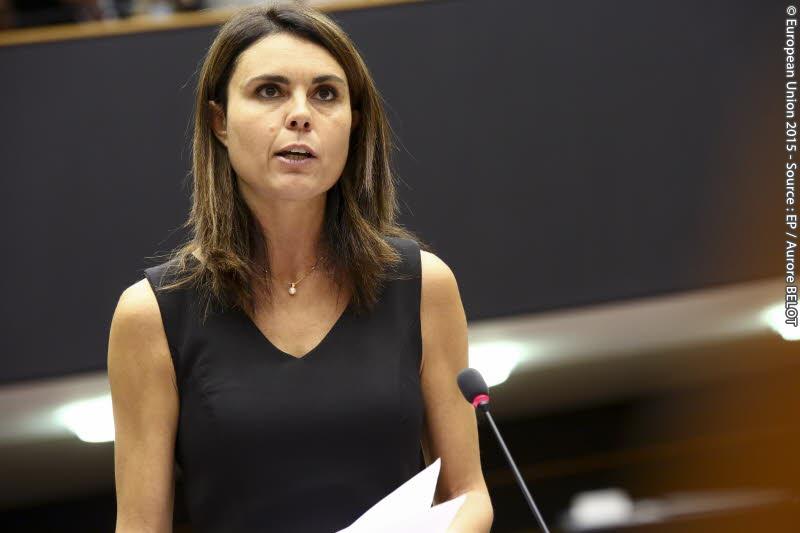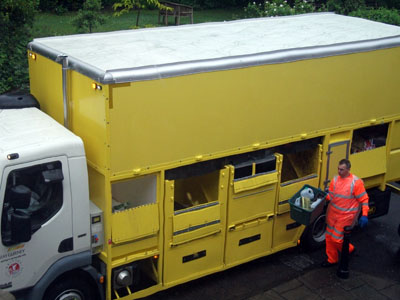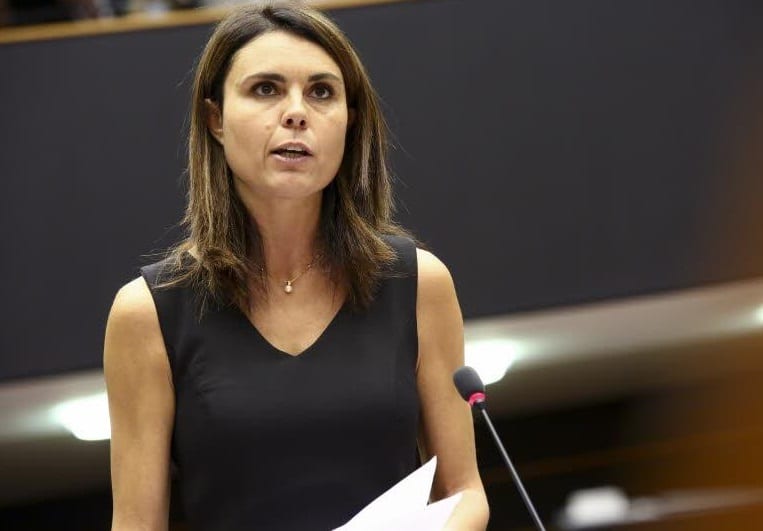The Committee proposed amendments to the Waste Framework Directive, on top of those put forward by the European Commission in December (see letsrecycle.com story), including an increase of the proposed target to 70% by 2030, up from the proposed level of 65% over the same timeframe set out by the Commission.

Proposals were presented to the European Parliament by the Environment Committee’s rapporteur, the Italian MEP Simona Bonafè, and MEPs will now consider whether to adopt the proposals.
In its report on the plans, the Committee noted: “EU targets concerning the re-use and recycling of waste should be increasingly ambitious in order to ensure full transition towards a circular economy.”
Other proposals include the introduction of a 65% target for organic waste recycling by 2025 as well as a ban on incineration of separately collected waste. The Committee has also proposed increasing the targets for packaging recycling by a further 5% on top of those set out by the Committee, meaning a final target of 70% by 2025 and 80% by 2030.
On landfill, the Environment Committee has suggested adding an intermediary target for the reduction of landfill of 25% by 2025 and to 5% by 2030.
TEEP
Crucial among the changes put forward by the Parliament is a change to the wording of Article 10, Paragraph 2, which sets out the requirement for separate collection of recyclable materials.
“Collection of pre-sorted waste is one of the tools supporting the creation of a high-quality recycling market and the attainment of high levels of recycling. The introduction of technical, environmental and financial limits has allowed numerous exemptions, rendering application of this principle impossible.”
Euro Parl Environment Committee
At present the paragraph states that separate collections must be carried out: “Where necessary to comply with paragraph 1 and to facilitate or improve recovery, waste shall be collected separately if technically, environmentally and economically practicable and shall not be mixed with other waste or other material with different properties.”
However, the Environment Committee has proposed removing the ‘TEEP’ caveat – which it claims has allowed ‘numerous exemptions’ and rendered the application of separate collections ‘impossible’.
In its written proposal, the Committee claimed: “The current wording for the obligations to establish separate waste collection systems for specific types of materials has produced widely differing results as regards its implementation in the different Member States. Collection of pre-sorted waste is one of the tools supporting the creation of a high-quality recycling market and the attainment of high levels of recycling. The introduction of technical, environmental and financial limits has allowed numerous exemptions, rendering application of this principle impossible.”
Should this proposal be taken forward into European Union law it could mean further focus on collection methods by local authorities in the UK, many of whom have assessed services to ensure that they are compliant with the TEEP requirements under the Waste Framework Directive.
Separate collections
At present, regulations state that materials such as paper, metal, plastic and glass must be collected separately if it is necessary to do so to encourage high quality of the recycling of the material.

For councils in the UK this has meant that many have continued to collect the material in a single ‘commingled’ stream, where it has been possible to demonstrate that separate collections are not technically, environmentally or economically practicable (TEEP).
Commenting on the proposals, Meadhbh Bolger resource use campaigner for Friends of the Earth Europe, said: “A strong signal has been given to the Commission that Europe’s waste legislation needs to be more ambitious. We welcome the steps taken to ensure the separate collection of biowaste and the reduction in incineration, yet there is still room for improvement. The key to a true circular economy lies in preventing waste being created in the first place, and we need binding targets in this area.”









Subscribe for free